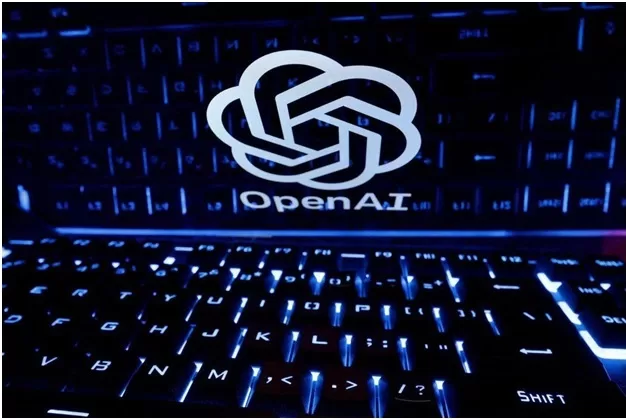Technology
OpenAI’s Value Soars to $157 Billion in Landmark Funding Deal

- OpenAI has raised a record $6.6 billion in fundraising, bringing its valuation to $157 billion and establishing it as one of the world’s most valuable startups.
- Under CEO Sam Altman, the firm is shifting to a for-profit model, which has attracted major investment as well as internal opposition, particularly from co-founder Elon Musk.
- Despite having 250 million weekly active users and planned revenues of $3.6 billion, OpenAI expects to lose more than $5 billion and has seen significant senior departures.
OpenAI, the startup behind the popular AI chatbot ChatGPT, has successfully raised $6.6 billion in its most recent investment round. This large investment, supported by renowned investors such as Microsoft, raises OpenAI’s valuation to an astonishing $157 billion. This valuation places OpenAI with major financial institutions such as Goldman Sachs and outperforms several of the top corporations in the United States, cementing its position as one of the world’s most valuable start-up companies.
Aiming for AI Leadership
OpenAI has indicated that the newly obtained money will be critical to preserving its leadership position in artificial intelligence development. With the funding, the company hopes to increase its computational capability and develop creative solutions to tackle challenging problems. The money comes at a critical time for OpenAI, as the company navigates internal upheaval and evolving business dynamics.
Internal Changes and Controversies
Under CEO Sam Altman’s direction, OpenAI is transforming into a for-profit business, which has aroused both investor excitement and staff dissatisfaction. The decision to remove the company’s non-profit board has sparked criticism, especially from co-founder Elon Musk, who says that OpenAI has deviated from its original objective of developing AI for the benefit of humanity.
While this restructuring has drawn substantial investment, it has also produced internal conflict inside the corporation. According to reports, the push for rapid development and monetisation has strained relationships between safety and research teams and those in charge of income generation.
The Investment Landscape
The most recent fundraising round featured contributions from several big firms, including Thrive Capital, SoftBank, Nvidia, and Microsoft, which already has a significant position in OpenAI. Interestingly, the investment rules allow backers to renegotiate or reclaim their monies if the shift to a for-profit structure is not completed within two years. This stipulation, combined with the abolition of investor return limitations, highlights the enormous risks involved in OpenAI’s development.
User Base and Financial Outlook
Currently, OpenAI has a healthy user base of 250 million weekly active users and one million paying enterprise customers. The corporation expects to generate $3.6 billion in revenue, but its estimated losses exceed $5 billion. This gap raises worries about the financial viability of its rapid expansion, especially as demand grows to release new iterations of its flagship chatbot.
Executive Departure and Challenges
Over the last year, there has been a considerable turnover in the leadership of OpenAI. Following Altman’s temporary dismissal in November, key executives such as former head scientist Ilya Sutskever and long-time chief technology officer Mira Murati left the company. The departure of these individuals illustrates OpenAI’s continued struggles as it navigates its ambitious ambitions and the complexities of its restructuring.
OpenAI’s record fundraising round underscores investors’ rising belief in artificial intelligence’s potential. However, the organisation must negotiate internal issues while remaining true to its basic objective. As a leader in AI development, OpenAI’s next initiatives will be critical in influencing not only its future but also the larger AI environment.

















































